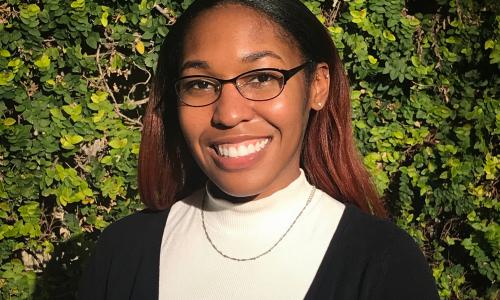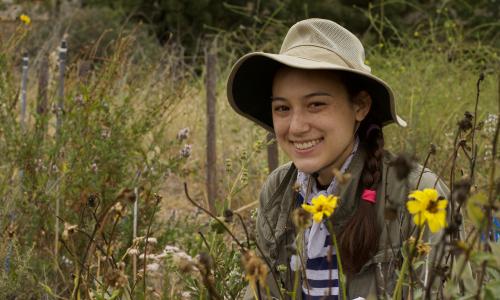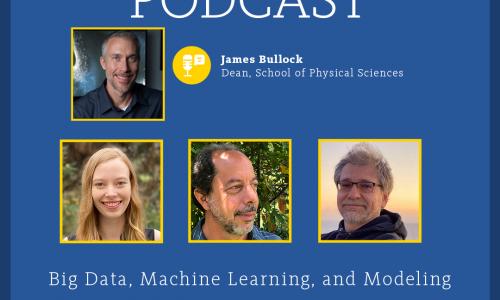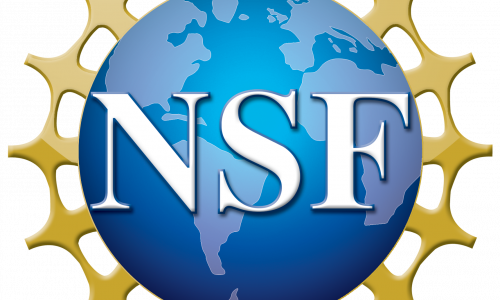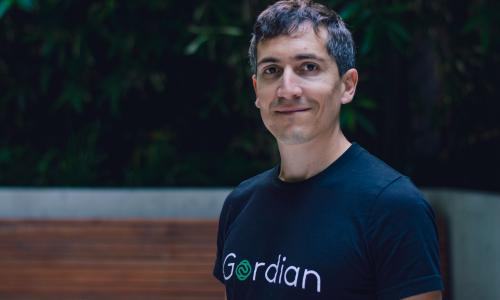newspage-events
UC Irvine scientists devise method for cities to measure greenhouse gas emissions
Jun 17, 2021
The fellowship aims to bolster diversity in universities, and will support Long’s research on galaxies.
Jun 10, 2021
Ph.D. graduate Sierra Williams harnessing lightning bug light to illuminate diseases like cancer.
Jun 9, 2021
The ESS undergrad, who just graduated, is working to help native California plants come back from the edge.
Jun 2, 2021
Led by Professor Bob Pelayo, the grant will help instructors merge concepts from math and biology.
Jun 2, 2021
A chat between three different scientists on the similar methods they each use.
May 31, 2021
The Physics & Astronomy grad student will use the support to study lithium-ion batteries.
May 26, 2021
Some researchers at UC Irvine have developed a new kind of COVID-19 antibody test that can predict early on if someone will have a severe case of the disease.
May 26, 2021
The fellowship provides an annual stipend of $34,000 as well as tuition support.
May 25, 2021
The UCI chemistry professor won a AAAS fellowship to advise the federal government on science policy.
May 19, 2021
For decades, mathematicians have debated a simple question about graphs and the number of connections they have. Now using arguments an undergraduate math student could have come up with, Asaf Ferber of the University of California, Irvine and Michael Krivelevich of Tel Aviv University have finally provided the answer in the form of a proof posted in March.
May 19, 2021
Undergraduate writes book to show kids what’s possible when you learn something new.
May 19, 2021
LePort once built a particle detector from scratch. Now he’s developing gene therapies for age-related diseases.


